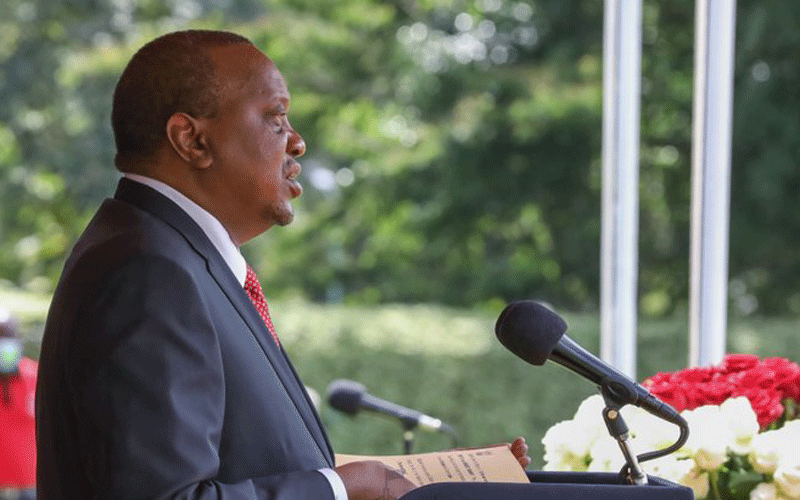Covid-19 tax laws clawing back economic gains

Gains made from a stimulus package offered by President Uhuru Kenyatta to cushion the sector from Covid-19 shocks were eroded by the Finance Act 2020.
Peter Kinuthia, a tax partner at audit firm KPMG East Africa says benefits accruing from tax interventions, which later became tax law in April have been watered down, creating an unstable operating environment for manufacturers.
In trying to ensure manufacturers survived the pandemic, the government reduced corporate tax from 30 per cent to 25 per cent.
Similarly, Value Added Tax (VAT) was brought down from 16 per cent to 14 per cent, with a fund set up to ensure money goes back to people who had VAT input claims.
“However, and this is the big point, we saw that a lot of those gains were clawed back when the Finance Act 2020 was enacted,” said Kinuthia, adding that the changes did not create the stable and predictable operating environment manufacturers and investors in general are yearning for.
Speaking during a Kenya Association of Manufacturers webinar yesterday where the industry lobby group launched a priority policy toolkit for the sector post Covid-19 Kinuthia said one of the components of a stable and predictable operating environment is a predictable taxation policy regime.
Of particular concern to the manufacturers was the introduction of the minimum tax, taxation at source, investment deductions and withdrawal of electricity rebates, measures that are affecting their productivity levels.
Kinuthia said introducing minimum taxation meant the lead time between investing and making profits became huge.
“Having to pay a 1 per cent instalment tax, regardless of how you do it, is something that needs to be reconsidered. If not shelved, it should be deferred, to a better time,” he said.















